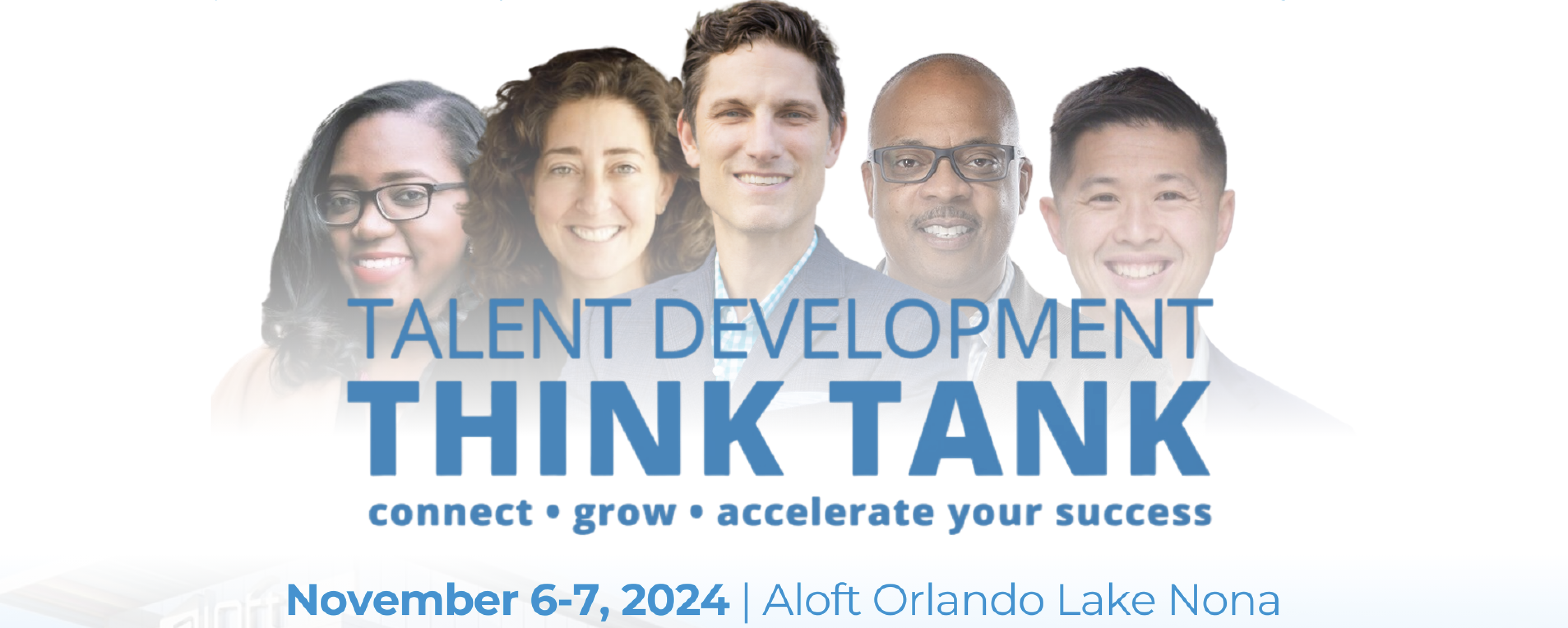In the latest episode of the Talent Development Hot Seat, Michael Bungay Stanier and Andy Storch delve into the world of coaching, self-publishing, and navigating working relationships. Michael Bungay Stanier, the renowned author of The Coaching Habit, shares valuable insights into his successful book, the coaching industry, and the dynamics of interpersonal relationships at work. Here are actionable steps to help you implement these insights in your own organization.
Simplify Coaching Concepts
A key factor in the success of The Coaching Habit is its simplicity and accessibility. When developing training materials or coaching programs, focus on clarity and practical application. Make complex coaching methods understandable and relatable to ensure they can be integrated into daily practices.
Challenge the Commoditization of Coaching
As coaching becomes more ubiquitous, its commoditization might impact coaches’ earnings and perceived value. Educate leaders on the long-term benefits of coaching and how it contributes to business strategy and individual growth. Emphasize that coaching moments can be brief yet transformative, requiring less time but yielding significant impact.
Foster Leadership Commitment to Coaching
One of the biggest challenges is getting leaders to invest time in coaching their teams. Convince leaders by showing them how coaching aligns with achieving strategic goals and improving job performance. Highlight that leading with curiosity and empathy can improve working relationships by even a 10% margin, making a noticeable difference.
Develop and Implement Social Contracts
Michael Bungay Stanier introduced the concept of social contracts, emphasizing safe, vital, and repairable relationships. Encourage keystone conversations where team members discuss past successful collaborations and set expectations for future interactions. This helps define how people work together and strengthens the team dynamics.
Prioritize Conflict Resolution Systems
Effective conflict resolution is crucial in any work environment. Equip your team with tools and frameworks for resolving conflicts constructively. Facilitate conversations aimed at understanding each other's perspectives and finding common ground. Remember that while not all working relationships may be salvageable, making the effort is often worthwhile.
Lead with Empathy and Curiosity
Improving working relationships requires leaders to approach conversations with empathy and curiosity. Create an environment where employees feel valued and heard. Recognize the impact of individual experiences and fears on leadership behaviors and strive to address them through open dialogue and support.
Encourage Continuous Self-Improvement
Investing in personal development enables individuals to contribute more effectively to others. Foster a culture where continuous learning and self-improvement are prioritized. Support employees in exploring new skills and evolving into better versions of themselves.
Join Talent Development Communities
Participate in talent development conferences and communities, such as the Talent Development Think Tank conference. These platforms offer opportunities for networking, learning new insights, and staying updated on industry trends. Engage with peers to share experiences and gain diverse perspectives.
Incorporating these principles can help create a thriving coaching culture and improve working relationships within your organization. By following these steps, inspired by the experiences and advice of experts like Michael Bungay Stanier, you can drive meaningful growth and development.
Be sure to listen to the full episode on the Talent Development Hot Seat Podcast!


